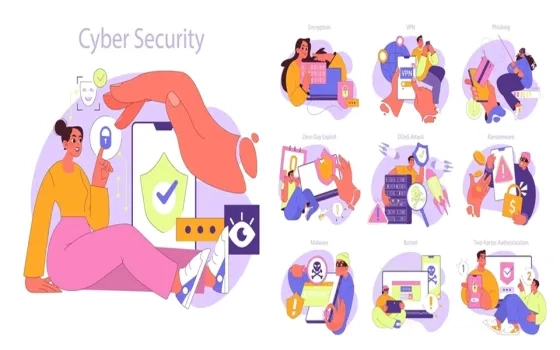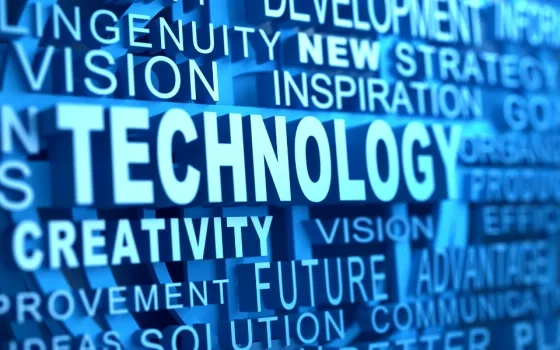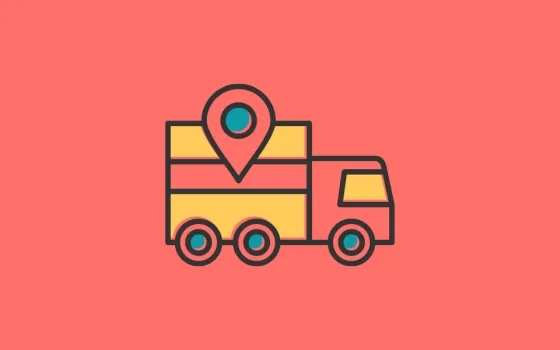The rapid advancement of technology across different sectors has revolutionized how we live and work. For agriculture with the Internet of things (IoT), a new surge of invention has surfaced that pledges increased productivity, sustainability, and effectiveness.
Introduction
With a network of connected bias and detectors that collect and change data, IoT solutions in Agriculture will enhance the operation of livestock rearing and crop cultivation, fostering predictability and optimizing effectiveness. By employing IoT in the agriculture secotr, growers & agribusinesses can make data- driven opinions, maximize resource application, examine crop health, and automate different processes. In this composition, we will explore some of the operations of the Internet of things in agriculture with their benefits. So, if you are considering investing in smart agriculture or planning to make an IoT solution for agriculture, this article is for you.
What's Smart Agriculture, and Why Do We Need IoT Solutions in Agriculture Industry?
Smart Agriculture, also called perfection agriculture or agrotechnology, is each about using advanced technologies & data driven approaches for optimizing agrarian practices and perfecting overall effectiveness. Smart agriculture leverages the power of robotization, connectivity, and real time monitoring to enhance decision making processes & maximizing agrarian affair. IoT solutions in agriculture provides a network of connected devices and detectors for the assiduity that collects and partake data. They can be bedded in soil, crops, tools, and livestock to cover temperature, moisture, soil humidity, nutrient situations, and livestock experience.
Further, this gathered data is also anatomized & employed for making informed opinions about irrigation, fertilization, complaint forestallment, and overall farm operation. For case, growers can now pierce real time data from their smartphones or tablet and examine soil conditions and crop health. Precise perceptivity enable effective decision making to maximize fertilizer operation and optimize farm vehicle routes.
Impact of the Industrial Internet of Things on Agriculture
Industrial IoT (IIoT) has significantly impacted the agriculture assiduity. Nowadays, it's revolutionizing traditional agriculture practices and enabling a new period of smart agriculture. Below listed are a few of the important impacts of IIoT in agriculture.
1. Enhanced effectiveness and productivity with remote monitoring of soil conditions, rainfall patterns, crop health, and outfit performance.
2. Bettered resource operation with intelligent irrigation systems to acclimate water schedules grounded on real- time data, assuring that crops admit the right quantity of water at the right time.
3. Enhanced crop monitoring and complaint discovery enable nonstop monitoring of crops, allowing growers to descry early signs of illness, nutrient scarcities, or pest infestations.
4. Livestock monitoring and operation for livestock health, experience and environmental conditions to track parameters like body temperature, heart rate, feeding patterns, and position in real time.
5. Data driven decision making helps growers to work perceptivity to optimize product processes, fine tune resource allocation, and alleviate pitfalls.
6. Supply chain optimization with end to end visibility and traceability throughout the agrarian supply chain – from field to fork, data collected along the value chain can be tracked and anatomized, assuring translucency, quality control, and food safety.
IoT Solutions in Agriculture
Following are some real world operations of IoT solutions in agriculture that are revolutionizing the way farms operate by enabling growers to optimize resource use, automate processes, and make data driven opinions.
Greenhouse Robotization
IoT actuators and detectors are vital in greenhouse robotization. They cover and control pivotal environmental factors for example, as temperature, moisture, and lighting. By maintaining optimal conditions, IoT enables careful cultivation, accelerates factory growth, and boosts overall greenhouse productivity.
Predictive Analytics for Smart Farming
By collecting and assaying data from different sources, including rainfall patterns, soil humidity situations, and crop health detectors, IoT empowers growers with predictive analytics. This input enables making informed opinions regarding irrigation, crop rotation, complaint forestallment, and resource allocation.
Agricultural Drones
IoT detectors and cameras support gathering data on crop health, factory viscosity, and irrigation requirements. It enables the growers to dissect & identify problem areas, take visionary measures, and optimize their agriculture practices. It leads to increased yield and a reduction in resource destruction.
Monitoring Climate Conditions
The installation of IoT rainfall stations across farms helps collect accurate data on temperature, moisture, wind speed, and downfall. This input can be used in real time to make precise irrigation schedules, pest control, and crop operation opinions.
Precision Farming
It's made possible by combining data from different sources, for example, as soil detectors, satellite imagery, and machine vision. And this data driven approach enables growers to optimize fungicide & water operation for advanced crop yields.
Smart Pest Control
IoT bias can precisely descry pests using detectors and image recognition technology. Beforehand discovery enables growers to apply targeted pest control measures, thereby minimizing crop damage and reducing the need for inordinate fungicide operation.
Farm Management
These systems enable growers to consolidate and manage all their data in a suitable position. From crop yields and livestock records to financial information and supply situations, the system is a centralized hub for planning schedules and optimizing resource use.
Advantages of IoT in Agriculture
From perfecting effectiveness and reducing destruction to enabling perfection agriculture and enhancing product quality, IoT empowers growers to meet the challenges of feeding a growing population while assuring a more sustainable future for agriculture. Let’s look at the crucial benefits of IoT in agriculture.
Optimized Resource Use for Sustainable Agriculture
IoT solutions in agriculture allows growers to gather real time data from detectors stationed across farms. With this input at their fingertips, growers can make accurate opinions regarding resource allocation, assuring that their crops admit the right quantity of water, diseases, and other essential inputs.
End- to- End Control of the Product Process
Growers can respond fleetly to rainfall conditions, air quality, and moisture changes using forecast and real- time monitoring systems. This position of control helps them help implicit damages while assuring a more successful crop product cycle.
Reduced Destruction and Effective Cost Operation
IoT results in agriculture play a pivotal part in reducing pitfalls and reducing destruction by detecting anomalies and inconsistencies in crop product. Growers can take immediate action to minimize waste and manage costs effectively.
A Cleaner Environment with a Greener Approach
Farmers can minimize diseases & fungicides through precision agricultural ways. It would lead to further organic crop product. And, this eco-friendly approach enables reducing the overall carbon footmark for husbandry sector while assuring high- quality yields.
Enhanced Effectiveness With Process Robotization
The introduction of IoT solutions in agriculture has also automated different husbandry processes, for example, as demand grounded fertilizing, irrigation, and robot harvesting. Growers can optimize their operations, save time, and ameliorate overall productivity by streamlining these tasks.
The Future of IoT in Agriculture
The integration of IoT Solutions in agriculture holds immense eventuality. And ultramodern- day growers are floundering to strike a balance between shrinking agrarian lands & depleting finite natural resources.



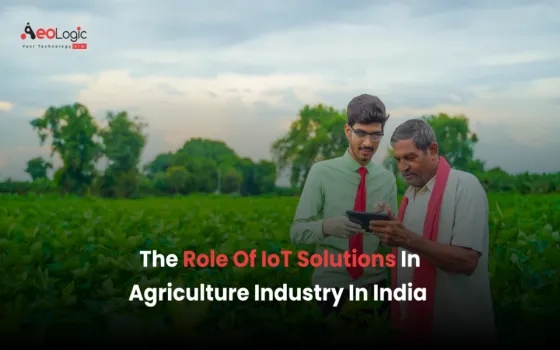






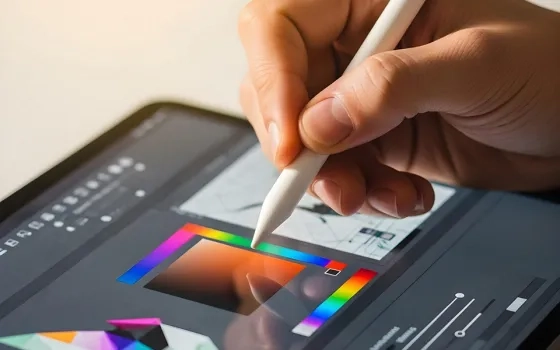




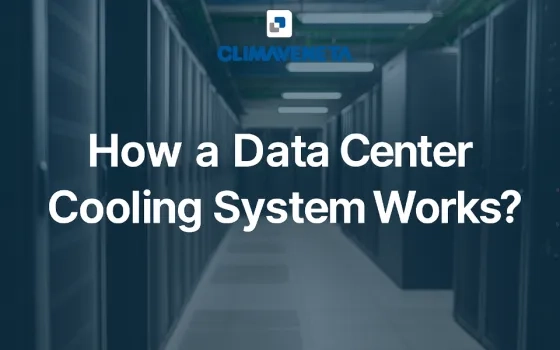

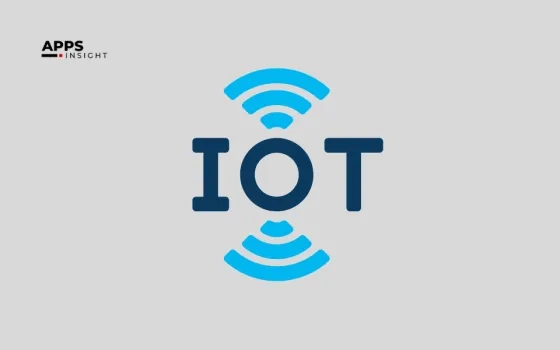

![[Part 2/2] : Innovating Care: How HealthTech Startups Are Reshaping The Present and Future of Indian Healthcare](https://community.nasscom.in/sites/default/files/styles/560_x_350/public/media/images/ai-generated-9106907_1920-edited_0.jpg.webp?itok=xWs8wsoD)

![[Part 1/2] : Innovating Care: How HealthTech Startups Are Reshaping The Present and Future of Indian Healthcare](https://community.nasscom.in/sites/default/files/styles/560_x_350/public/media/images/ai-generated-9106907_1920-edited.jpg.webp?itok=fJ3Yrln6)
